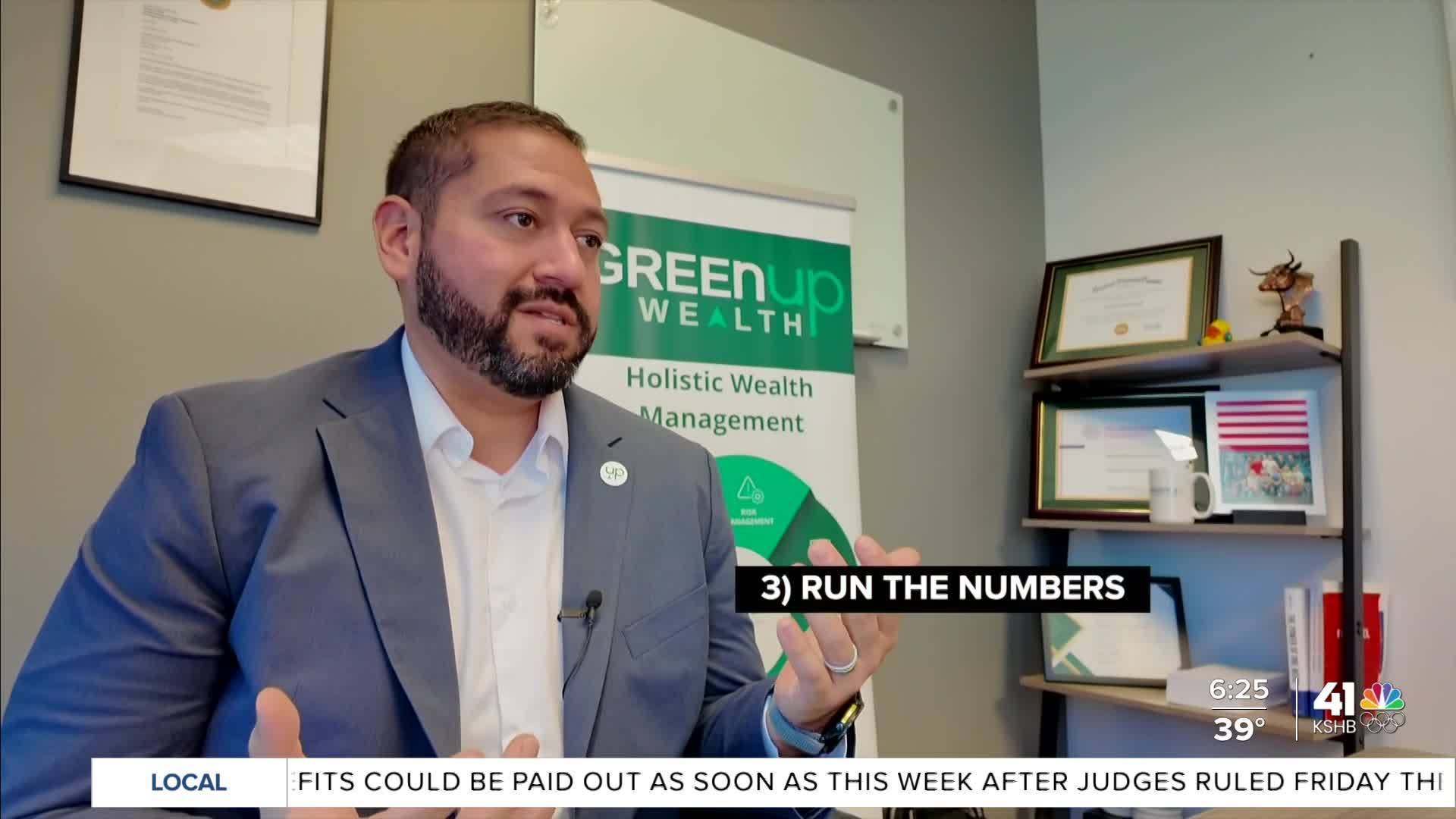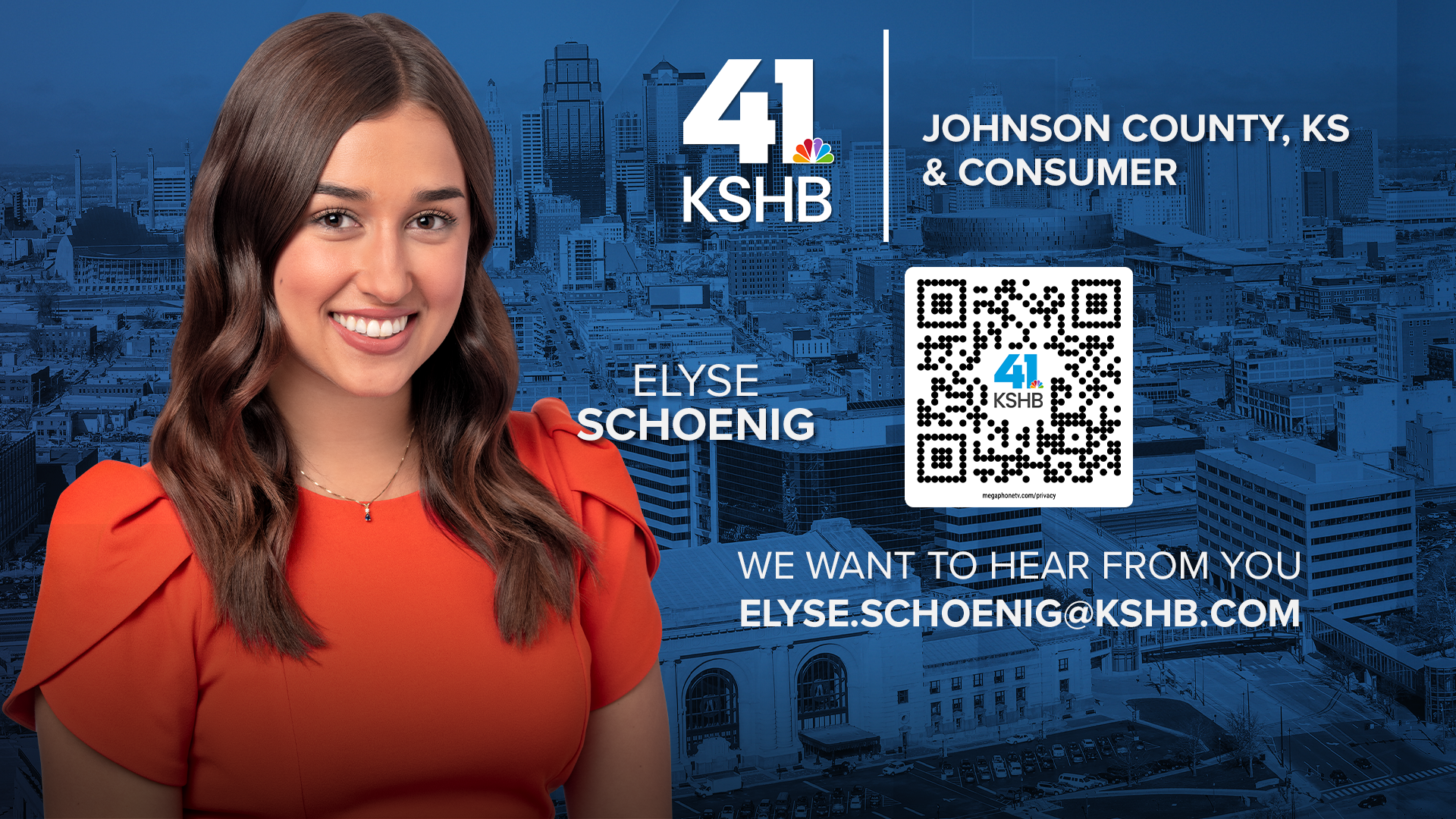KSHB 41 reporter Elyse Schoenig covers the cities of Shawnee and Mission. She also focuses on issues surrounding the cost of health care, saving for retirement and personal debt. Share your story idea with Elyse.
—
As open enrollment approaches, consumers selecting a health care plan will have to face rising costs and premiums.
A recent survey from Mercer, a consulting firm, showed employers say their health care plans could go up by 9% in 2026, which could be the highest increase in over 15 years.
Recent data from KFF also shows insurers offering Affordable Care Act (ACA) plans that could increase premiums by around 18% for 2026. The price consumers pay could jump by 75% if subsidies for the program expire at the end of December.
KFF data also shows premiums already went up 7% in 2025.
KSHB 41 consumer reporter Elyse Schoenig took some questions to a certified financial planner in Johnson County.

"Being aware of your situation, what you traditionally spend on medical expenses, prescriptions, etc., becoming aware with your plans, and then running the numbers," Tony Marquez, Senior Vice President and Wealth Advisor at GreenUp Wealth, said.
Marquez said those are the biggest things people should think of as they're preparing to enroll. He said there are things people can think of as they navigate rising premiums, too.
"In reality, the cost of things are going up, but then taking a look at your plans, and the costs that you could potentially have, like having to hit your deductible or hitting your out-of-pocket max, what does the premium add into that?"
Marquez also said families should consider what stage of life their kids are in, which can help determine what they might do with something like an HSA or FSA.
"A lot of employers could offer the plan of a dependent care FSA, which is money that goes to care for your kids, daycare costs, nanny, anything that's covered," he said. "It's a tax free way to put money away for something you're already going to be spending money on."
Marquez said people could think of ways to manage their prescription costs when they enroll, too.
"Is there, you know, a generic brand? If I refill every 30 (days), or if I refill every 90 (days), does that change my cost?" he said. "Potentially shopping different pharmacies (too)."
As far as offsetting potential big costs, he said you'll want to pay attention to this, too.
"An accident or going to the hospital, getting sick, very sick, those are things that are going to change your financial life," he said. "A lot of employer plans do offer things like critical illness, accident or hospital. Think of those as financial shock absorbers."





